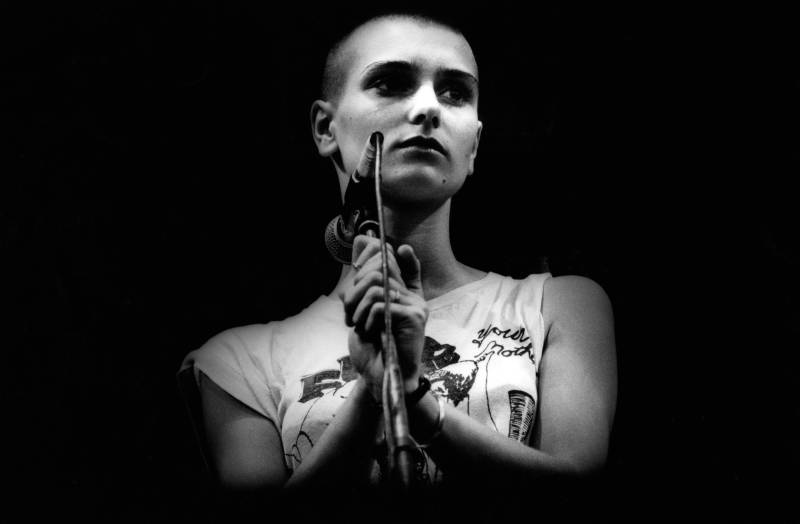Nearly 10 months ago, Sinead O’Connor was thrust back into the spotlight for the worst possible reasons. Following the suicide of her 17-year-old son Shane, she tweeted, “There is no point living without him,” and that she had “decided to follow him.” Outside parties intervened and the singer ultimately did not harm herself—but the declaration was another in a string of public breakdowns and cries for help by O’Connor.
In 2015, O’Connor announced on Facebook that she had “taken an overdose.” In 2020, she postponed tour dates in order to get assistance with PTSD and substance abuse issues. “I grew up with a lot of trauma and abuse,” she explained at the time. “I then went straight into the music business and never learned really how to make a normal life.”
The world has subsequently been left with a plethora of questions about how O’Connor is doing; how she is coping; how she is healing. If you’re one of the fans who has wondered or worried about her over the last few years, the prospect of a new O’Connor documentary is probably an exciting one. Unfortunately, while Nothing Compares is an entertaining reminder of what made O’Connor so great at the start of her career, the film barely touches on the last 30 years of her life.
Nothing Compares does, thankfully, treat O’Connor with the understanding and reverence that she deserves. Early footage of the artist finding herself—her voice, her art—is thrilling. The pain of the childhood abuse she suffered at the hands of her mother remains palpable throughout. And the documentary is clear about the fact that, if O’Connor often resembled a wounded creature fighting for her life onstage, it’s because that’s exactly what she was.



